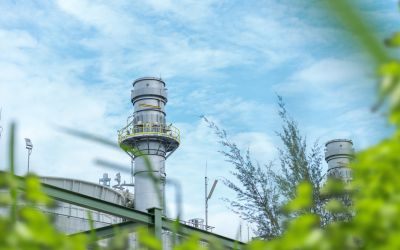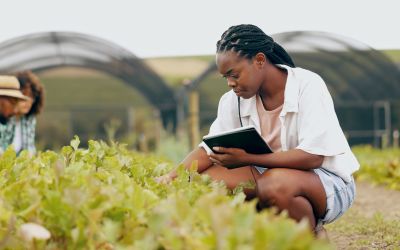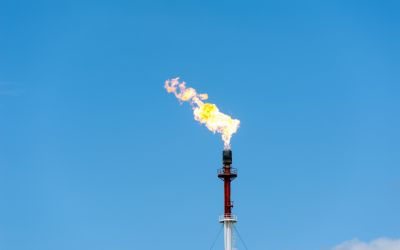McDonald’s and Starbucks join forces on sustainable cups
Two of the world’s largest food and drink retailers are teaming up to accelerate progress on sustainable cups.

Two of the world’s largest food and drink retailers are teaming up to accelerate progress on sustainable cups.
McDonald’s and Starbucks will form a group to develop a compostable cup which fits the demands of their global operations.
The initiative, called the NextGen Cup Challenge, has been set up by sustainable investors Closed Loop Partners and is due to kick off in September. The challenge awards up to $1 million to help innovators develop “the next generation of recyclable or compostable cups”, according to a statement.
Starbucks put up $10 million towards the programme earlier this year; McDonald’s has agreed to invest $5 million as part of their new commitment. Up to seven ideas will be awarded the funding to help accelerate the ideas to commercial scale. Closed Loop have reportedly received over 1,000 enquiries from businesses and individuals about the challenge.
“McDonald’s is committed to using our scale for good to make positive changes that impact our planet and the communities we serve,” said Marion Gross, a senior vice president at McDonald’s USA. “We are excited to join Starbucks and Closed Loop to help solve this pressing challenge as collaboration is key to finding a scalable, lasting global solution.”
“We are proud to come together with industry partners like McDonald’s to drive innovative, scalable solutions for cup waste,” said Colleen Chapman, chief sustainability lead at Starbucks. “A better cup will benefit the entire industry and we invite others to join us as we move these efforts forward.”
In recent month, both companies have separately made pledges to increase the sustainability of their products and support the circular economy. Earlier this month, Starbucks announced it would stop selling plastic straws across its 28,000 global stores, eliminating one billion of the polluting items each year.
McDonald’s has also pledged to ensuring all of its packaging comes from renewable, recycled or sustainably sources by 2025.






